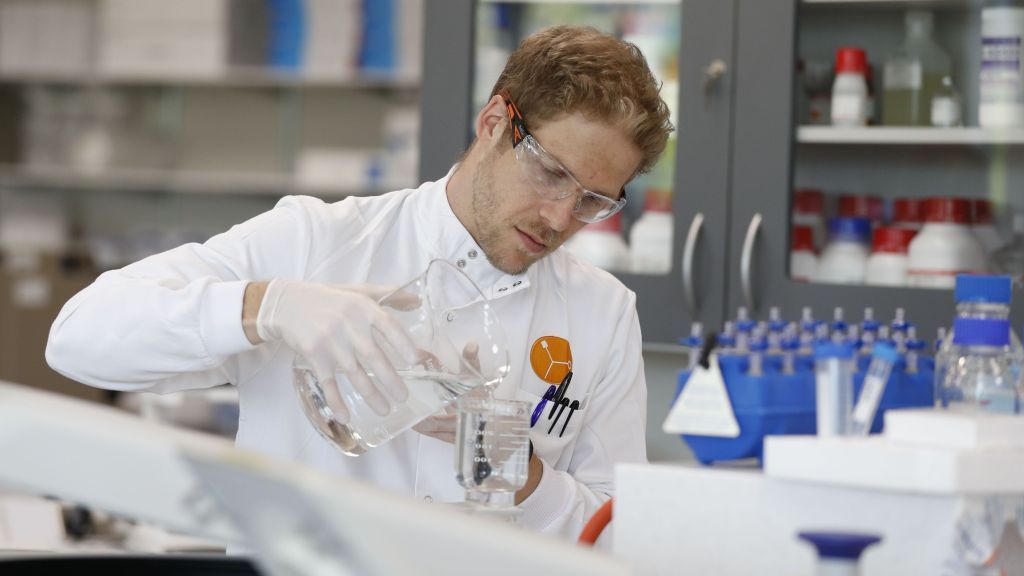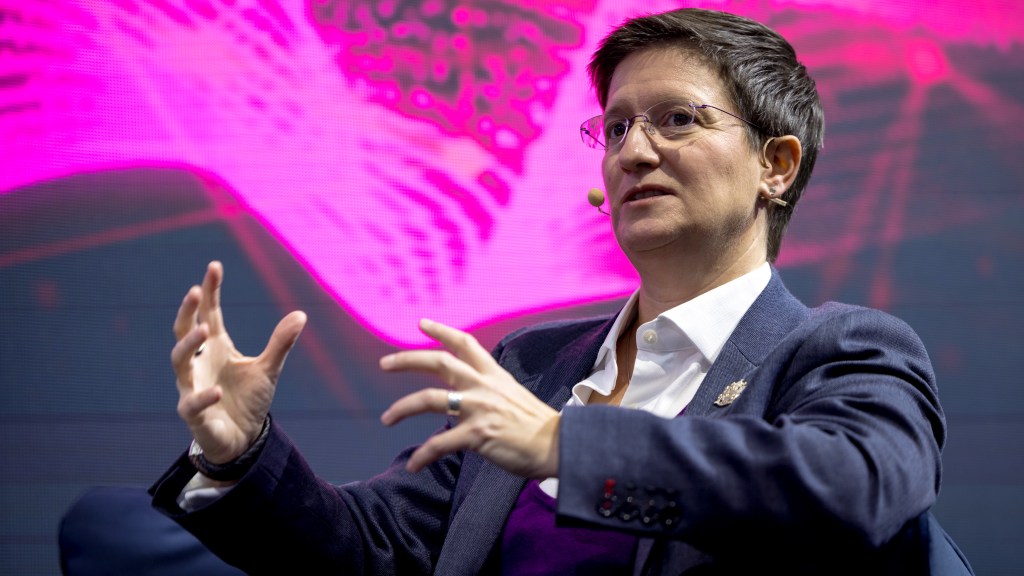AI Innovation in Life Sciences: Pioneering Drug Discovery in the UK
The life sciences sector stands as a remarkable success for the UK, contributing over £13 billion to the economy last year, according to Oxford Economics. Prestigious universities across the nation are recognized globally for their research in this field, positioning the UK favorably at the convergence of artificial intelligence and life sciences.
The prior government allocated £100 million to enhance AI applications in life sciences last year. Recently, Wes Streeting, the new health secretary, has identified the transformation of the UK into a “life sciences and medical technology superpower” as a crucial objective for NHS improvement.
While AI’s benefits in various economic areas are just beginning to unfold, pharmaceutical companies have been at the forefront of machine learning research for years. A significant early milestone came in 2018 with the launch of AlphaFold by DeepMind, a British-based company that revolutionized the prediction of protein structures, likened to the complexity of mapping the human genome.
Generative AI is already being leveraged to streamline drug discovery, enhance clinical trial efficiency, and create highly targeted marketing strategies for specialized products. In this article, we will explore some of the UK’s most promising startups harnessing AI’s potential within life sciences.
Exscientia
Exscientia is among the pioneering firms utilizing AI for drug candidate discovery, dramatically shortening the typical four-and-a-half-year development timeline to as little as 15 months. Established in 2012 as a spin-off from the University of Dundee by Andrew Hopkins, a professor in life sciences, the company focuses on a broad platform for researching various treatments.
After successfully listing on Nasdaq in October 2021—which raised $510 million, marking the largest IPO for any European biotechnology firm at that time—Exscientia initially opted for a bootstrapped approach without institutional funding. Interim CEO Dave Hallett expressed the founders’ desire to avoid traditional venture capital funding routes that often dilute equity and impose time constraints.
Hallett noted the complexity of integrating AI in drug discovery, stating, “AI magnifies existing challenges in understanding biology at a human scale, necessitating comprehensive data collection while safeguarding individual privacy.”
BenevolentAI
BenevolentAI has emerged as a leading figure in the AI life sciences sector, achieving a valuation exceeding £1 billion upon going public in 2022 through a special purpose acquisition company (SPAC). However, the company’s stock has fallen by 94% since then, compounded by internal conflict.
CEO Joerg Moeller attributed some of the decline to the general poor performance of SPACs in Europe, stating, “We’re not immune to the negative trends affecting this model.” Despite the setbacks, BenevolentAI has made notable strides in drug discovery, most prominently identifying baricitinib, initially an arthritis medication, as a potential COVID-19 treatment within just two days during the pandemic.
The company emphasizes transparency in AI, focusing on “explainable AI” to ensure trackability of algorithms and processes.
Zoe
Founded in April 2018, Zoe is a personal nutrition startup rooted in academia, established by King’s College London’s professor of genetic epidemiology, Tim Spector, along with Jonathan Wolf and George Hadjigeorgiou. AI is central to Zoe’s model of personalized dietary recommendations, acknowledging that each individual’s dietary needs are unique.

The startup faced challenges in amassing sufficient data to evaluate dietary impacts on health. Prior to launching its first product, Zoe conducted a three-year study involving a thousand participants to collect necessary data, demonstrating the considerable effort required to ensure its data’s accuracy.
Healx
Healx specializes in leveraging AI for rare disease drug discovery, focusing on uncovering hidden links between existing compounds and rare illnesses that typically lack funding. Founded by Tim Guilliams and David Brown, their interest in this arena was sparked by the challenges faced by families with rare diseases.
Healx has successfully advanced a rare cancer drug to stage two clinical trials, accomplished in a significantly reduced timeframe. Guilliams is optimistic about AI’s future in drug discovery, envisioning broader applications that go beyond current advancements.
Causaly
Causaly aims to expedite biomedical research through AI, which analyzes extensive scientific literature to reveal hidden insights about diseases. Co-founder Yiannis Kiahopoulos highlighted the difficulty of comprehending vast volumes of information, stating, “Innovations in disease biology demand efficient data synthesis, so we designed our software to serve scientists in both research institutions and commercial settings.”
Since its inception, Causaly has collaborated with Novartis and asserts its ability to ingest and analyze extensive biomedical literature in seconds, thus expediting the research process.
Despite the promise of AI, Causaly faces significant challenges, particularly in ensuring transparency and reliability, crucial for fostering trust among scientists and enhancing AI’s integration in the life sciences sector.




Post Comment